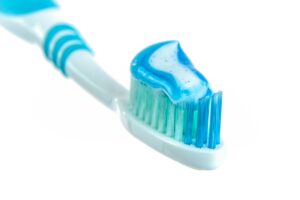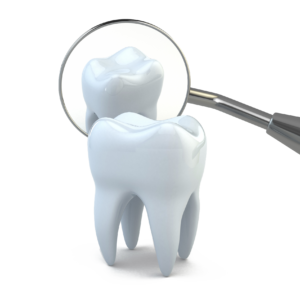
I. Understanding Dental Cleanings
A Brief Overview of Dental Cleanings
A dental cleaning is a routine process conducted by dental professionals like dentists or dental hygienists. Its main purpose is to help maintain good oral health by removing plaque and tartar, which are common culprits of dental cavities and gum disease. Dental cleanings have been a part of dental care for centuries, evolving over time to incorporate modern technology and up-to-date procedures.
The Importance of Regular Dental Cleanings
Regular dental cleanings are crucial in maintaining your oral health. They not only keep your teeth clean but also help prevent oral complications like gum diseases and tooth loss. Moreover, studies highlight that oral health is linked with overall health – problems in your mouth can signal issues in other parts of the body. For instance, gum disease is often associated with heart disease and diabetes.
Comparing Dental Cleanings to Daily Oral Hygiene at Home
Though brushing and flossing at home are key to oral health, professional dental cleanings offer more. Dental professionals use specialized tools to clean your teeth thoroughly in ways not possible at home. Professional cleanings can remove hardened tartar, which cannot be removed by regular brushing or flossing.
II. The Dental Cleaning Procedure: A Step-by-Step Guide
Initial Examination
In a dental cleaning session, dentists first chart your dental history and current health to understand your oral condition better. They look for signs of oral issues such as cavities and gum disease. X-rays might be performed for a more detailed look at the inner structures of your teeth.
Teeth Scaling and Root Planing
Teeth scaling and root planing are done to remove plaque and tartar that build upon and between your teeth over time. Aftercare tips include avoiding certain foods and maintaining a good oral hygiene routine to prevent the recurrence of plaque and tartar.
Teeth Polishing and Fluoride Treatment
After cleaning, your teeth are polished to remove surface stains and smooth out surfaces, then treated with a fluoride gel to strengthen your teeth and decrease risk of cavities. Post-cleaning, remember to maintain a good oral hygiene routine to maximize these procedures’ benefits.
III. Different Types of Dental Cleanings
Prophylaxis or “Standard” Cleaning
Prophylaxis, commonly known as standard cleaning, is typically for those with good oral health. It is recommended to undergo prophylaxis at least twice a year to maintain a clean and healthy smile.
Periodontal Maintenance
Periodontal disease, also known as gum disease, needs keen monitoring and regular cleaning sessions known as periodontal maintenance. The frequency of these sessions depends on your oral health status but usually happens every three months.
Deep Cleaning or Scaling and Root Planing
Deep cleaning is a thorough cleaning process that caters to individuals with serious gum diseases or a high amount of tartar build-up. A deep cleaning session can prevent the condition from worsening and restore your oral health over time.
IV. Managing Dental Anxiety and Other Concerns
Understanding and Overcoming Dental Anxiety
Dental anxiety—a fear of dental procedures—is common, but mercifully there are methods to manage it like deep breathing exercises and discussing your concerns with your dentist. A good dentist will ensure your comfort and ease your anxieties.
Handling Dental Cleaning Costs
Dental cleaning costs vary depending on the type of cleaning and your location. Discuss with your dentist about dental insurance options and ways to find affordable dental care if needed.
Addressing Frequently Asked Questions about Dental Cleanings
Dental cleanings, despite being routine procedures, often bring up questions and concerns. Don’t hesitate to ask your dentist about any myths or facts you’ve heard.
V. Nurturing Your Oral Health: Beyond Dental Cleanings
Daily Oral Hygiene Routine
Maintaining a consistent oral hygiene routine at home is crucial. This includes brushing twice a day, flossing daily, and adopting a diet that supports oral health.
Importance of Regular Dental Check-ups
Regular dental check-ups allow your dentist to detect potential health issues early and work on a treatment plan. A typical check-up includes examination of your teeth, gums, and oral tissues, and an oral cancer screening.
Keeping Your Teeth Clean and Healthy for Life
Embracing good oral care habits early on is essential for lifelong oral health. Keep yourself updated with the latest in dental care and remember: a healthy mouth is often a sign of a healthy body.
In summary
Regular dental cleanings and check-ups, along with good oral hygiene practices at home, are key to maintaining your oral and overall health. Don’t let anxieties or costs deter you—inform yourself about everything you need to know and take control of your oral health today.
Discover the dazzling smile you desire at Smiles in Reading with our top-notch dental clinic. Our team of skilled dentists is committed to providing you with the very best care, whether you need dental cleanings or any other services. At Smiles in Reading, we strive to provide you with a smile that is both comfortable and respectful. Take advantage of online appointment scheduling and receive exceptional dental care. Let us help you improve your teeth and shine your smile.


